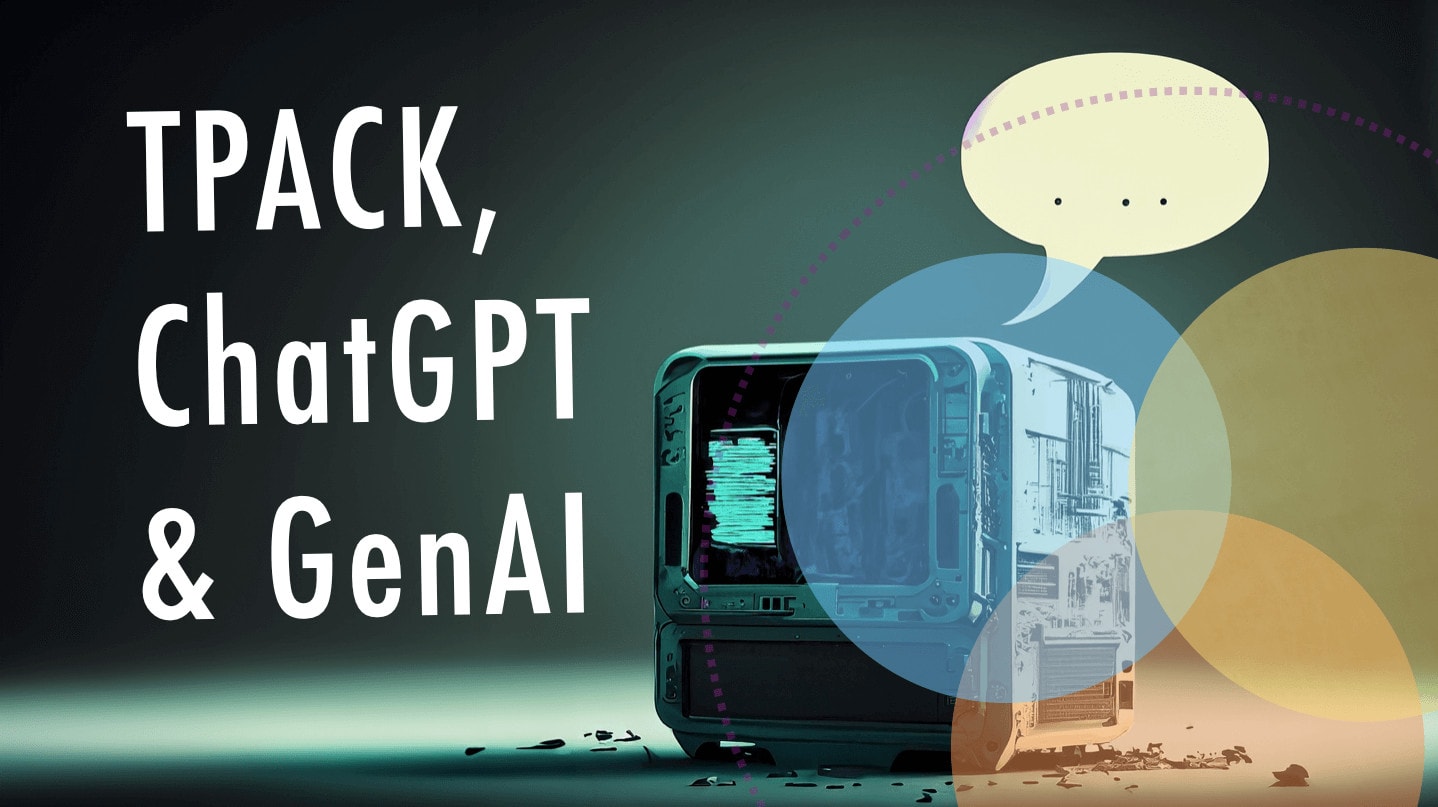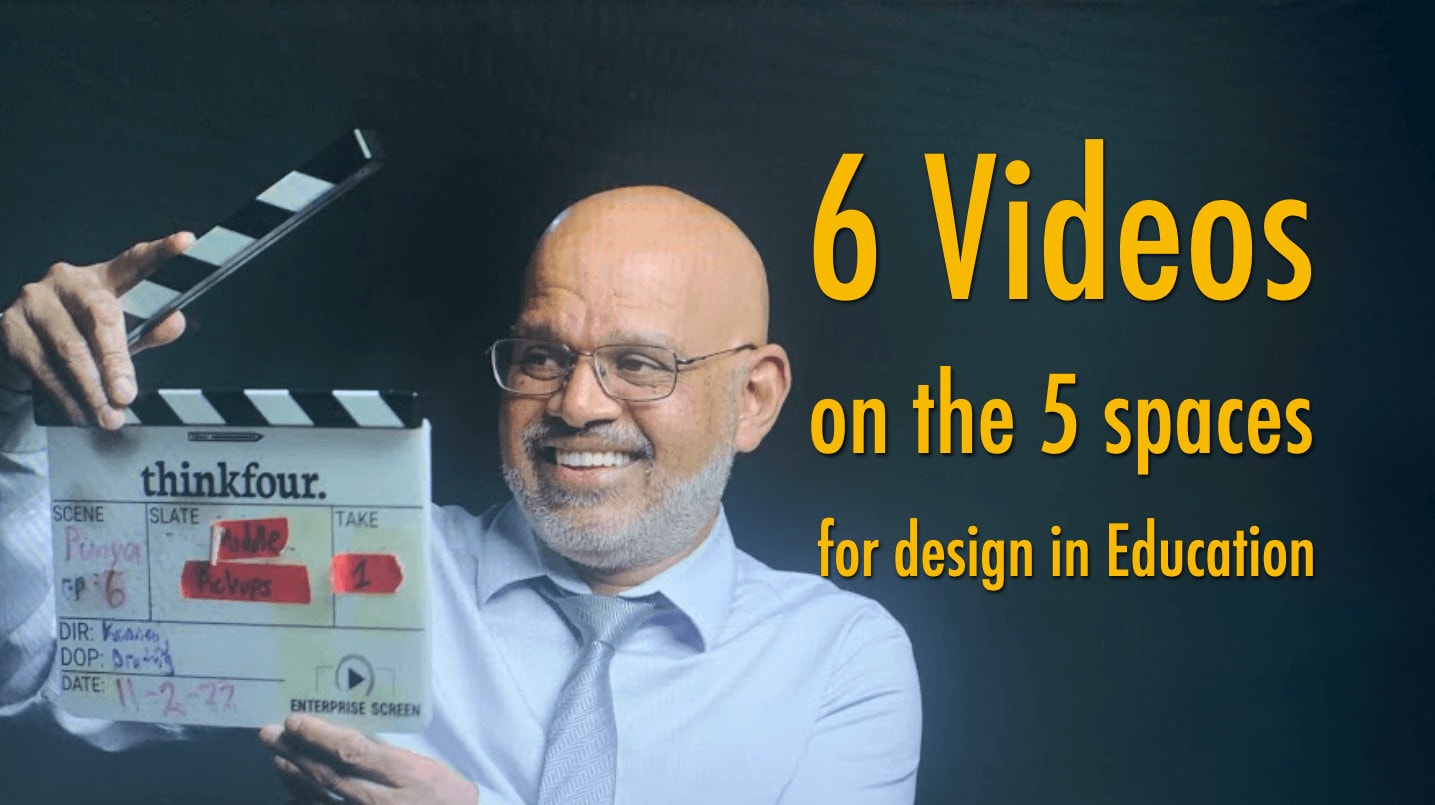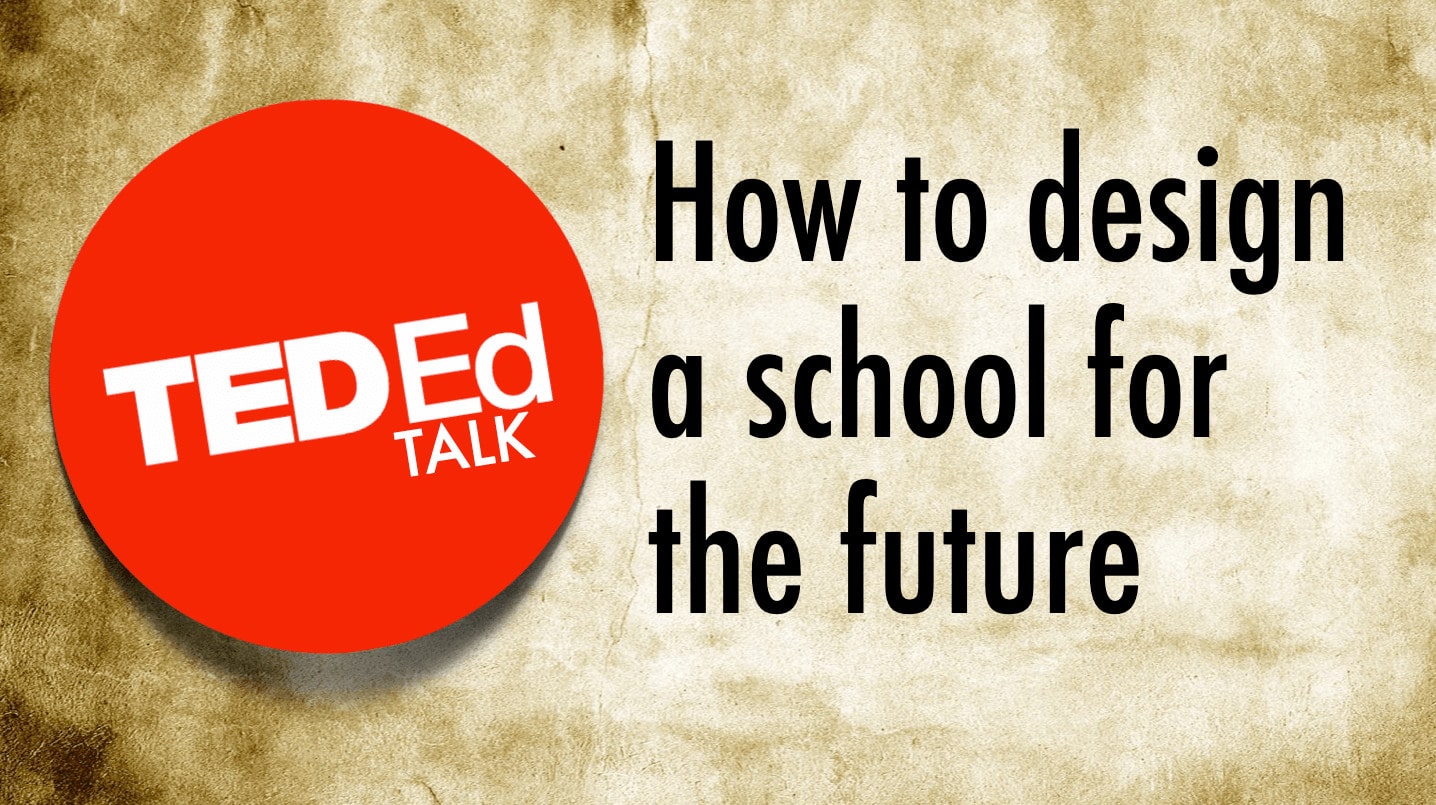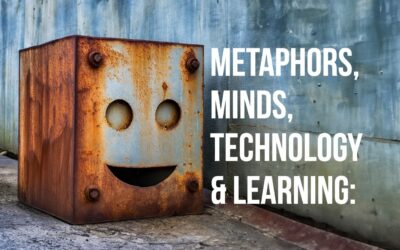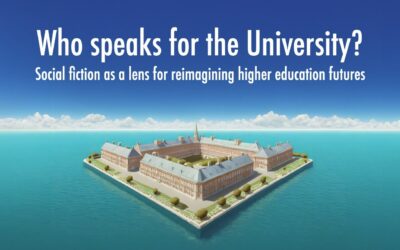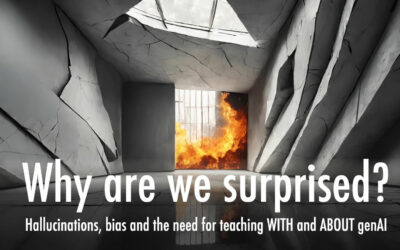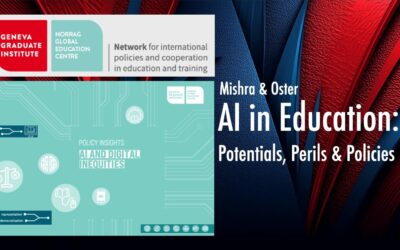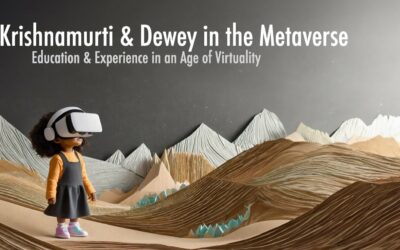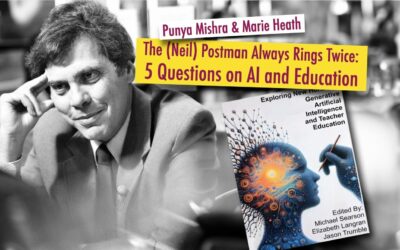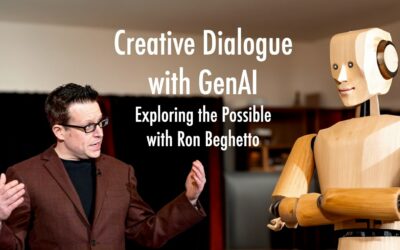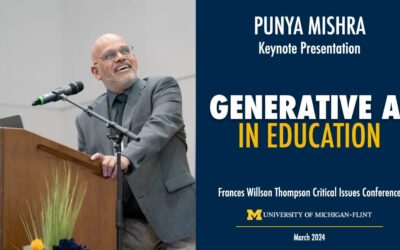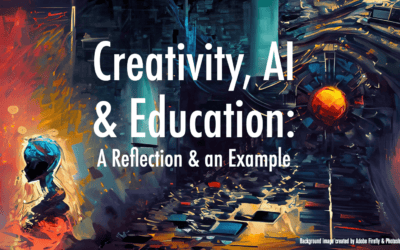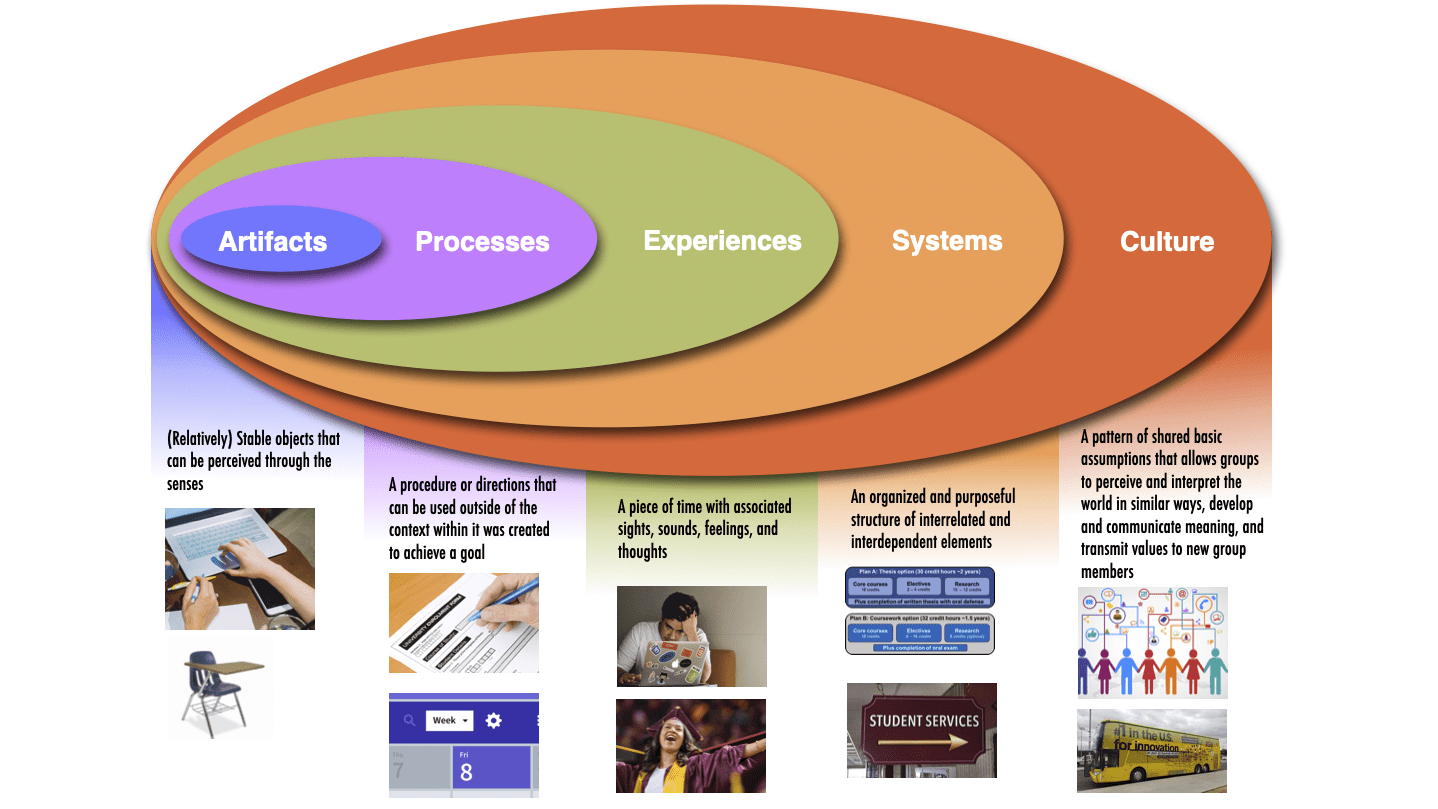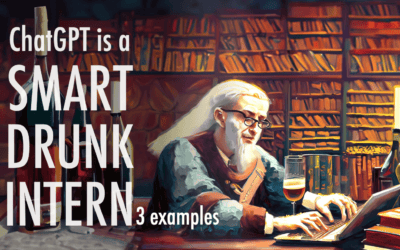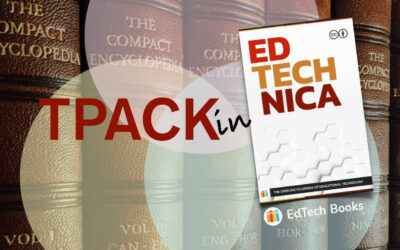Punya Mishra is Associate Dean of Scholarship & Innovation and Professor in the Mary Lou Fulton Teachers College at Arizona State University (with an affiliate appointment in the Design School). As associate dean, he leads a range of initiatives that provides a future-forward, equity driven, approach to inter/trans-disciplinary educational research. He is internationally recognized for his work in educational technology; the role of creativity and aesthetics in learning; and the application of collaborative, design-based approaches to educational innovation. He has received over $11 million in grants; published over 200 articles and edited 5 books. With over 58,000 citations of his research, he is ranked among the top 2% of scientists worldwide and the top 50 scholars (top 10 in psychology) who have the biggest influence on educational practice and policy in the United States. An AERA Fellow (2024), TED-Ed educator (2023), he co-hosts the award-winning Silver Lining for Learning webinar as well as the Value Laden and Learning Futures podcasts. He is also an award-winning instructor, an engaging public speaker, and an accomplished visual artist and poet. More here…
Must reads
Webinars & Podcasts:
Value Laden (archived)
Apple | Spotify | Simplecast
Blog Posts
Metaphors, Minds, Technology & Learning
Note: The shared blogging experiment with Melissa Warr and Nicole Oster continues. This time we delve into metaphors of the mind, technology and generative AI. The core idea and first draft came from Melissa, to which I contributed a substantial rewrite. The final...
Who speaks for the university? Social fiction as a lens for reimagining higher education futures
Note: Image above created using Adobe Firefly, Photoshop and composed in Keynote. A few years ago, I had the pleasure of connecting with author Dr. Phoebe Wagner through the Center for Science and the Imagination at Arizona State University. We discussed her...
Why are we surprised? Hallucinations, bias and the need for teaching with and about genAI
By Punya Mishra, Melissa Warr & Nicole Oster Note: This is the first post in an experiment at shared blogging by Melissa Warr, Nicole Oster and myself. Over the past months we have found ourselves engaged in some fascinating conversations around genAI, education,...
SITE 2024: A recap
The Society for Information Technology in Teacher Education (SITE) conference has been an integral part of my professional journey for over two decades. My first presentation at SITE was back in 2001 with Matt Koehler and through the years, SITE has played a pivotal...
AI in Education: Potentials, Perils & Policies
NORRAG, based at the Geneva Graduate Institute, is a global network focused on international education policy and cooperation, known for its commitment to addressing under-researched topics related to education quality and equity and amplifying voices from the Global...
Krishnamurti & Dewey in the Metaverse: Education & Experience in an Age of Virtuality
What does it mean to have an educative experience? As Dewey famously wrote: The belief that all genuine education comes about through experience does not mean that all experiences are genuinely or equally educative ~ John Dewey Questions such as these come to...
The (Neil) Postman Always Rings Twice: 5 Questions on AI and Education
Note: This post has also been cross-posted on the Civics of Technology blog. Marie Heath (with whom I recently co-wrote a blog post about GenAI in Teacher Education: A techno-skeptical perspective) and I were invited to write a chapter for an edited volume titled...
Creative dialogue with Generative AI: Exploring the Possible with Ron Beghetto
As part of our ongoing series for the journal TechTrends exploring the intersections of technology, education, and creativity, we have recently turned our focus to the potential impacts of generative AI (GenAI) on these domains. Our latest article features a...
Generative AI in Education: Keynote at UofM-Flint
A couple of weeks ago I was invited to give a keynote at the Frances Willson Thompson Critical Issues Conference on Generative AI in Education. It was great to go back to Michigan even if for a super short trip. One of the pleasures of the visit was catching up with...
… or check out some random blog posts
Educational Technology @ MSU
The Educational Psychology and Educational Technology program at the College of Education at Michigan State University offers a variety of programs in educational technology. The College of Education is one of highest ranked colleges of education in the country (see...
Creativity, AI & Education: A Reflection & an Example
Update (added March 17, 2024): There are a few more instances of using GenAI in creative ways that I would like to add to the list below, in particular 2 posts about using the the image analysis capabilities for ChatGPT: When AI can see and Total eclipse of the sun...
When is a picture of a sandwich more than a sandwich?
The answer is that when that picture has been taken by someone you know and it ends up on the NYTimes Freakonomics blog! Long story short, a picture of a sandwich taken by Leigh Wolf has been used by the cool people over at Freakonomics to illustrate a story. Check it...
Contextualizing TPACK within systems and culture
Melissa Warr and I were recently asked to write a afterword to a special issue of the journal Computers in Human Behavior. The focus of the special issue was on the kinds of knowledge, skills and attitudes (KSA) teachers need to successfully integrate technology in...
Impact of technology v.s. chewing gum on learning
Just got this from Tom Reeves at the CIMA conference, Twente University. Allen, K. L., Galvis, D., Katz, R. V. (2006). Evaluation of CDs and chewing gum in teaching dental anatomy. The New York state dental journal. 72(4): pp 30-33. Abstract: The purposes of this...
Explore: To see … or not to see
I have been working with my kids on a series of short videos around the themes of Explore, Create, Share. These three words were used in my video mashup of a commercial (see the commercial AND my mashup here). Original music for this series was created by my cousin,...
ChatGPT is a smart, drunk intern: 3 examples
Harry Frankfurt the philosopher passed away, this past Sunday. He was 94. As the NYTimes obituary said, he was... ... a philosopher whose fresh ideas about the human will were overshadowed in the broader culture by his analysis of a kind of dishonesty that he found...
Milap 2008
The Indian Cultural Society of greater Lansing (ICS) held its annual cultural program Milap 2008 this past Saturday. It was a great program with traditional and Bollywood dances, songs, and other performances. My daughter Shreya's dance troup, performed a Kathak dance...
TPACK in EDTECHNICA
I have been a huge fan of EdTechBooks for a long time. Their philosophy of making quality textbooks freely accessible for all resonates with me deeply. It is no surprise that I was excited to hear of their latest initiative: that of creating a living encyclopedia of...


